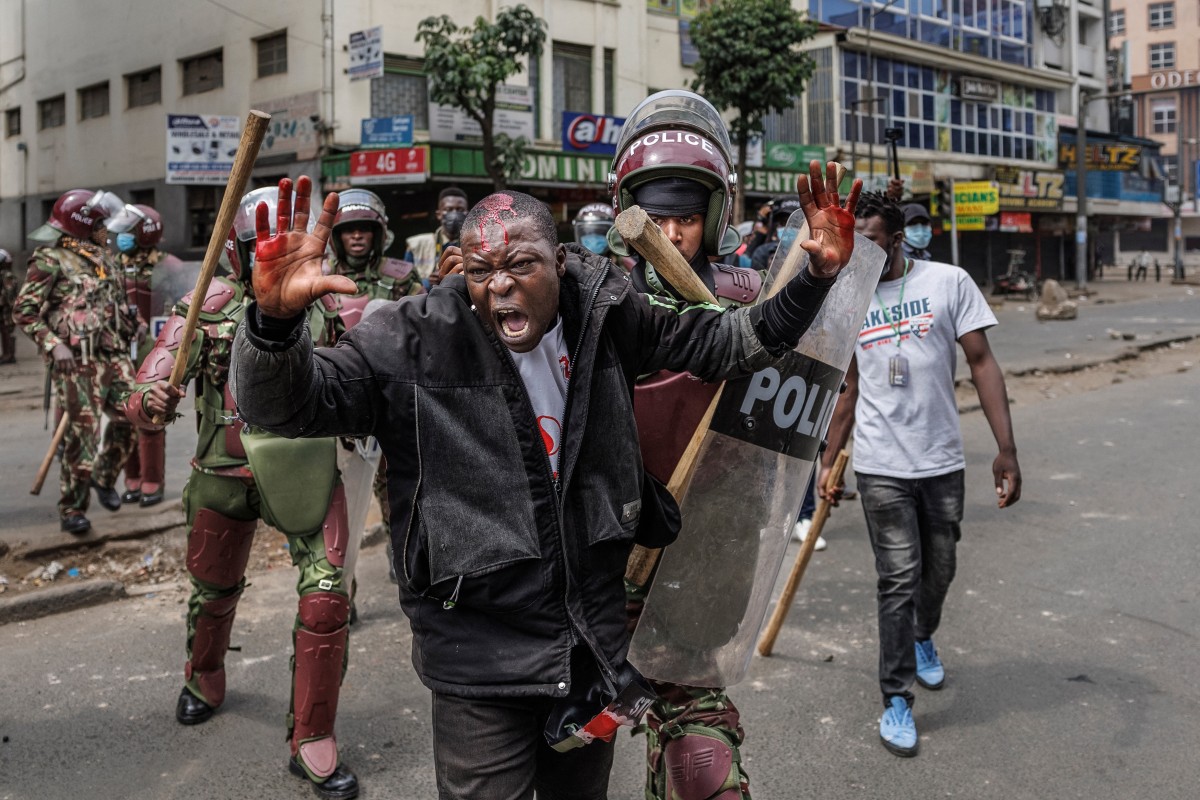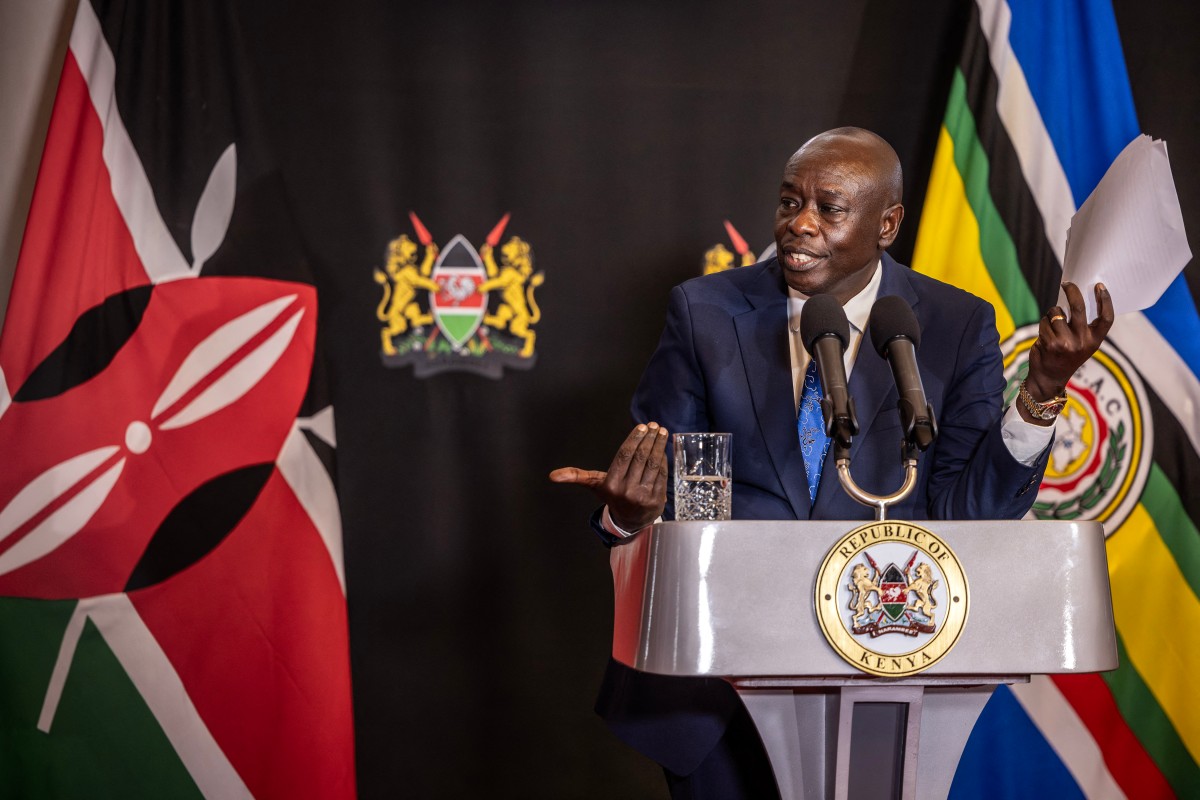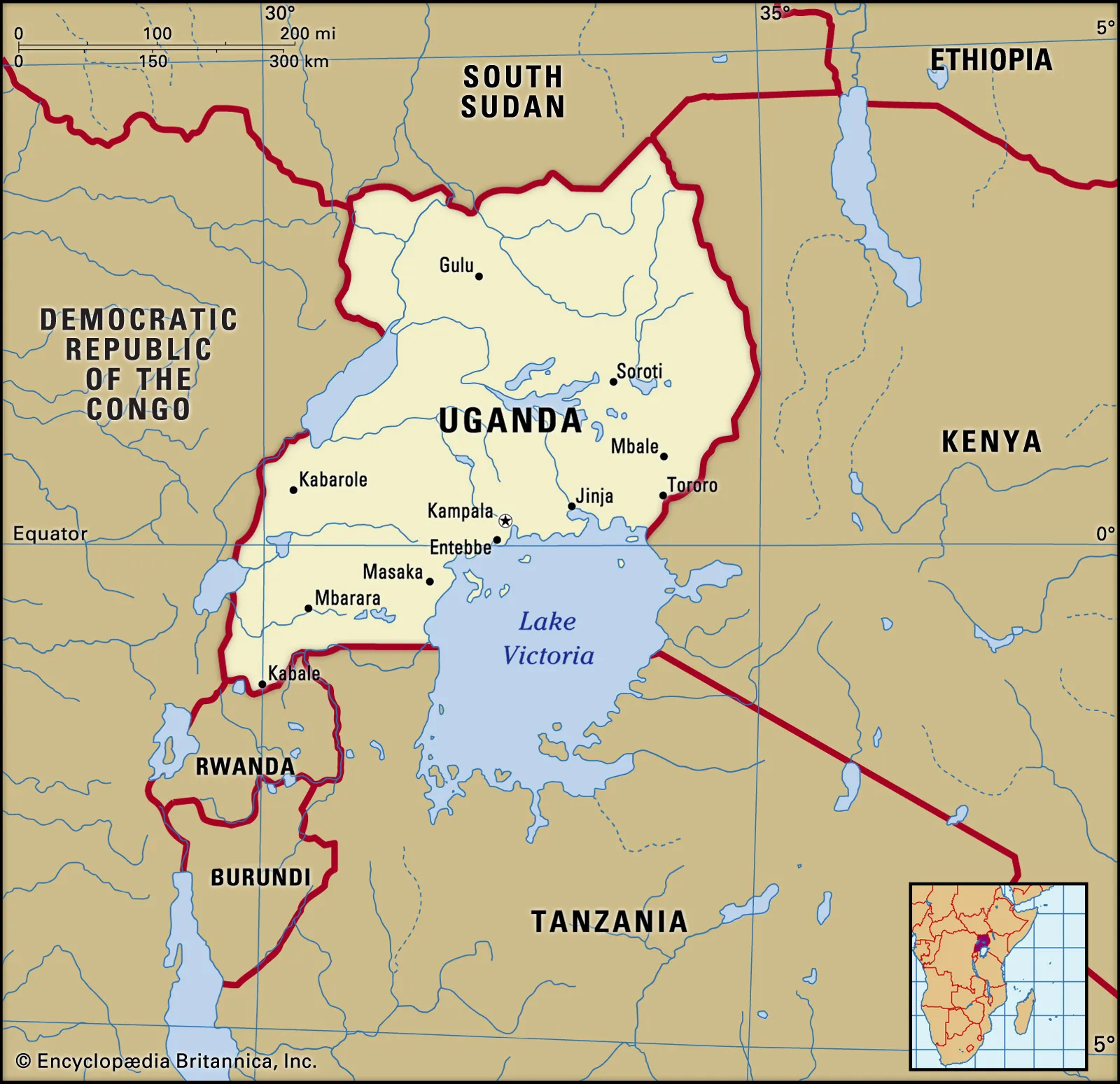Kenya’s police chief has quit following criticism over dozens of deaths during anti-government protests, the latest head to roll as President William Ruto struggles to contain the worst crisis of his nearly two-year rule.
Ruto has “accepted the resignation” of Inspector General of Police Japhet Koome, who has served in the role since November 2022, the presidency said, adding his deputy Douglas Kanja has been named acting chief.
The announcement came a day after Ruto sacked almost his entire cabinet in the face of widespread public anger at his government after largely peaceful demonstrations over proposed tax hikes descended into deadly mayhem.
The attorney-general and all cabinet ministers, with the exception of Foreign Minister Musalia Mudavadi and Deputy President Rigathi Gachagua, were axed.
Some of the young Gen-Z Kenyans behind the demonstrations had called for Koome to go, with police accused by rights groups of using excessive force, and reports of abductions of some protesters.
IT specialist Cyrus Otieno, 27, said Koome “must be prosecuted for police brutality”.
“Someone must be held accountable.”
Ruto, who took office in September 2022, has taken a series of measures seeking to placate the demonstrators, including abandoning the finance bill that contained the deeply unpopular tax increases.
– ‘Wasted two years’ –
But the cabinet announcement, while welcomed by some, did not appease some young Kenyans frustrated with Ruto’s failure to deliver on his 2022 election promises to create jobs and boost their fortunes.
“We will be back on the streets until Ruto goes. He has wasted two years in office travelling and telling lies,” said Hyrence Mwangi, 25.
Initially peaceful, the protests sharply escalated when police fired at crowds who stormed parliament on June 25, ransacking the partly ablaze complex.
While large-scale street action has subsided, anger against the government has not, particularly towards the police, with rights groups saying that 39 people were killed in the demonstrations and more than 360 injured.
“When we first went to the streets, Ruto dismissed us as a bunch of hired goons and criminals, only to come later and start saying he will make changes,” said 27-year-old Jackson Rotich. “We can’t trust him.”
Law student Melisa Agufana, 24, welcomed the cabinet dismissal, saying she wanted to “thank the president for listening”.
She added that ministers had “wasted two years doing nothing apart from being driven around with our national flag”.
– Fresh start –
Analysts said the cabinet move offered the possibility of a fresh start, but warned of further risks.
“The challenge that Ruto now faces is forming a new cabinet that includes various vested interests, whilst simultaneously calming popular anger in the face of an explicitly leaderless movement,” Gabrielle Lynch, professor of comparative politics at the University of Warwick, told AFP.
Last week, Ruto announced sharp cuts to government spending, including travel and refurbishment costs, and said he would increase borrowing to pay for some services even as Kenya grapples with massive foreign debt of about $78 billion or about 70 percent of GDP.
The crisis led US-based Moody’s to downgrade Kenya’s debt rating further into junk territory, warning of a negative outlook, which will make borrowing even more expensive for the cash-strapped government.
Ruto said Thursday that he would “immediately engage in extensive consultations across different sectors and political formations, with the aim of setting up a broad-based government”, without elaborating.
Media reports this week have been filled with speculation of a “national unity” government, possibly including the coalition headed by Raila Odinga, the veteran opposition leader defeated by Ruto in the 2022 vote.


































